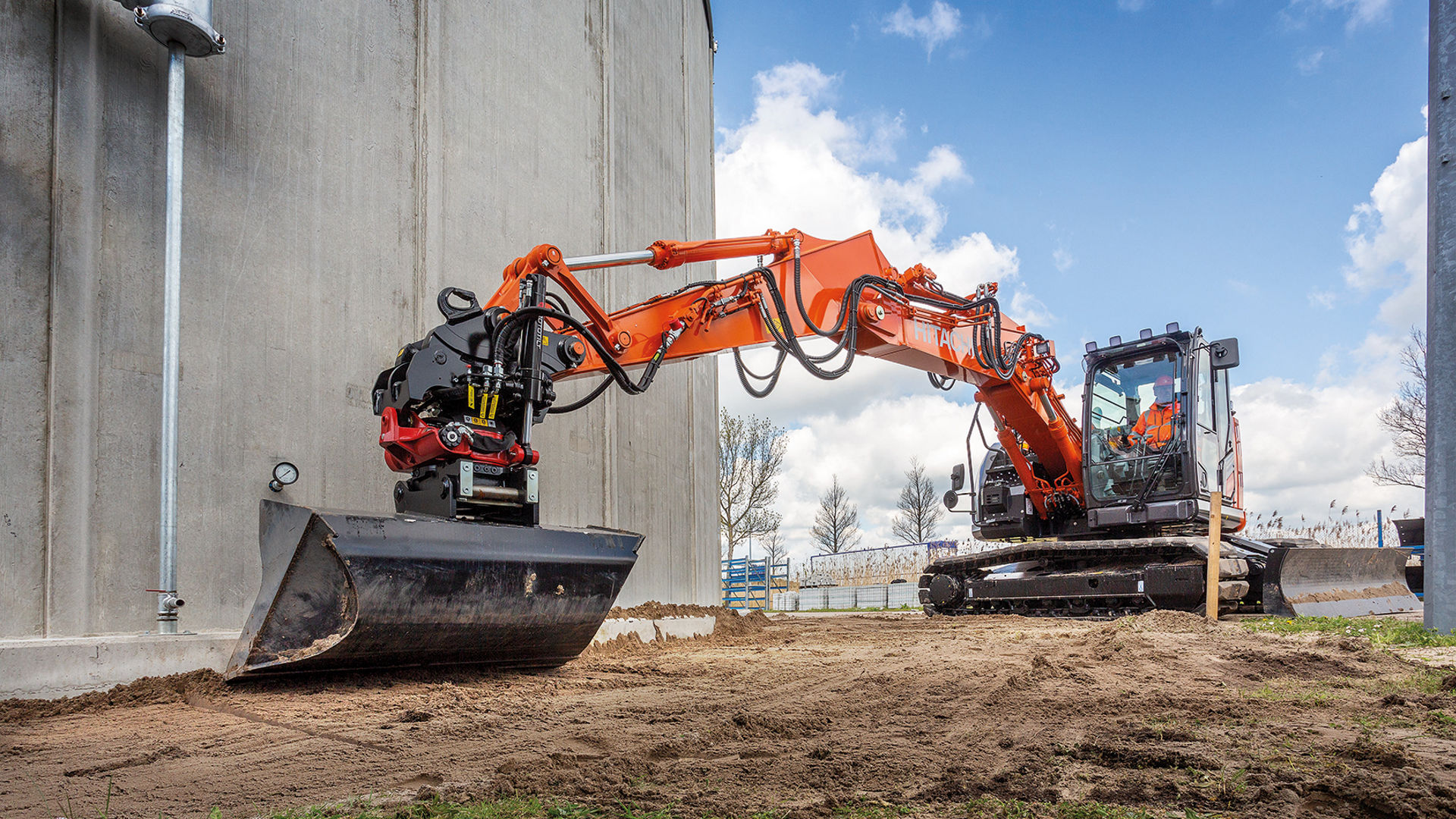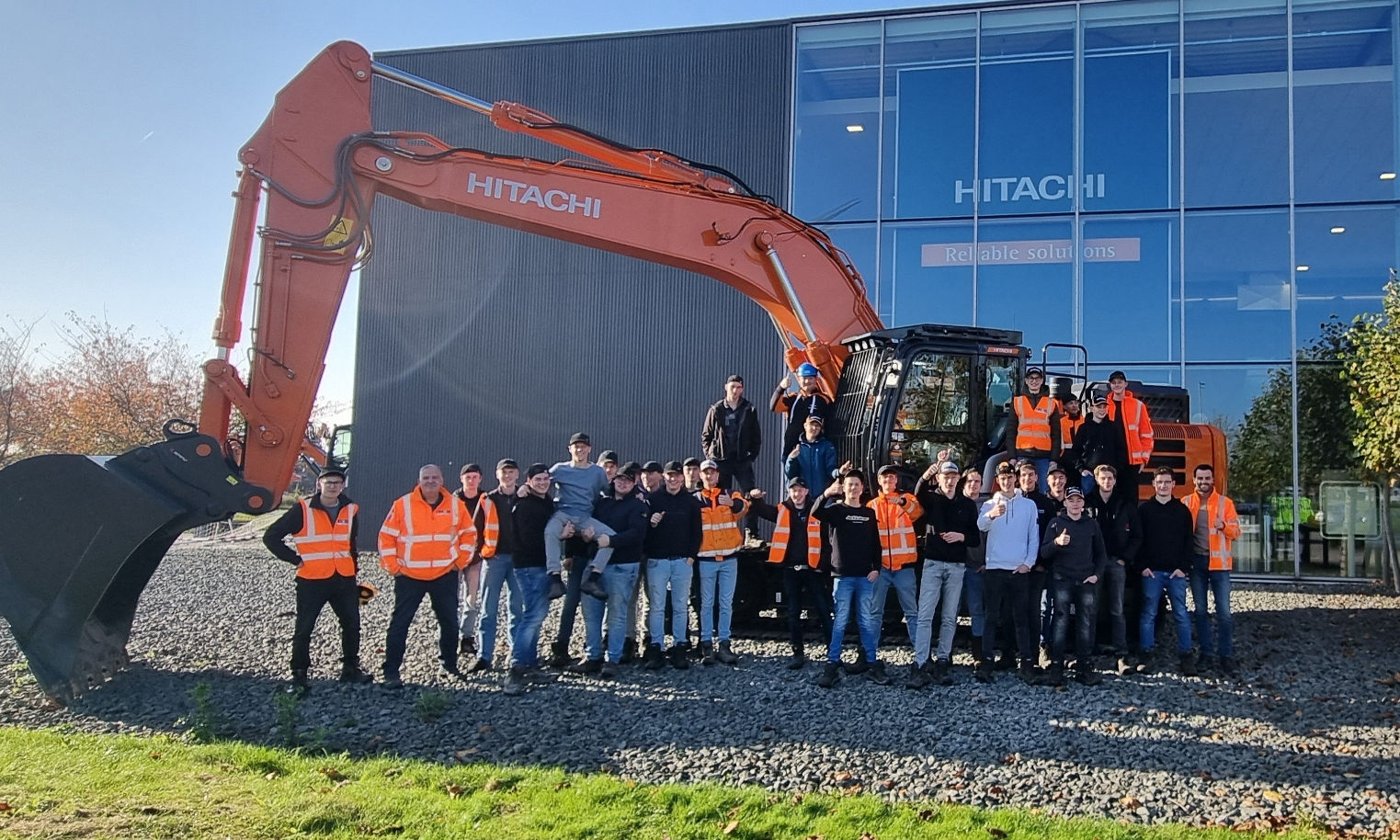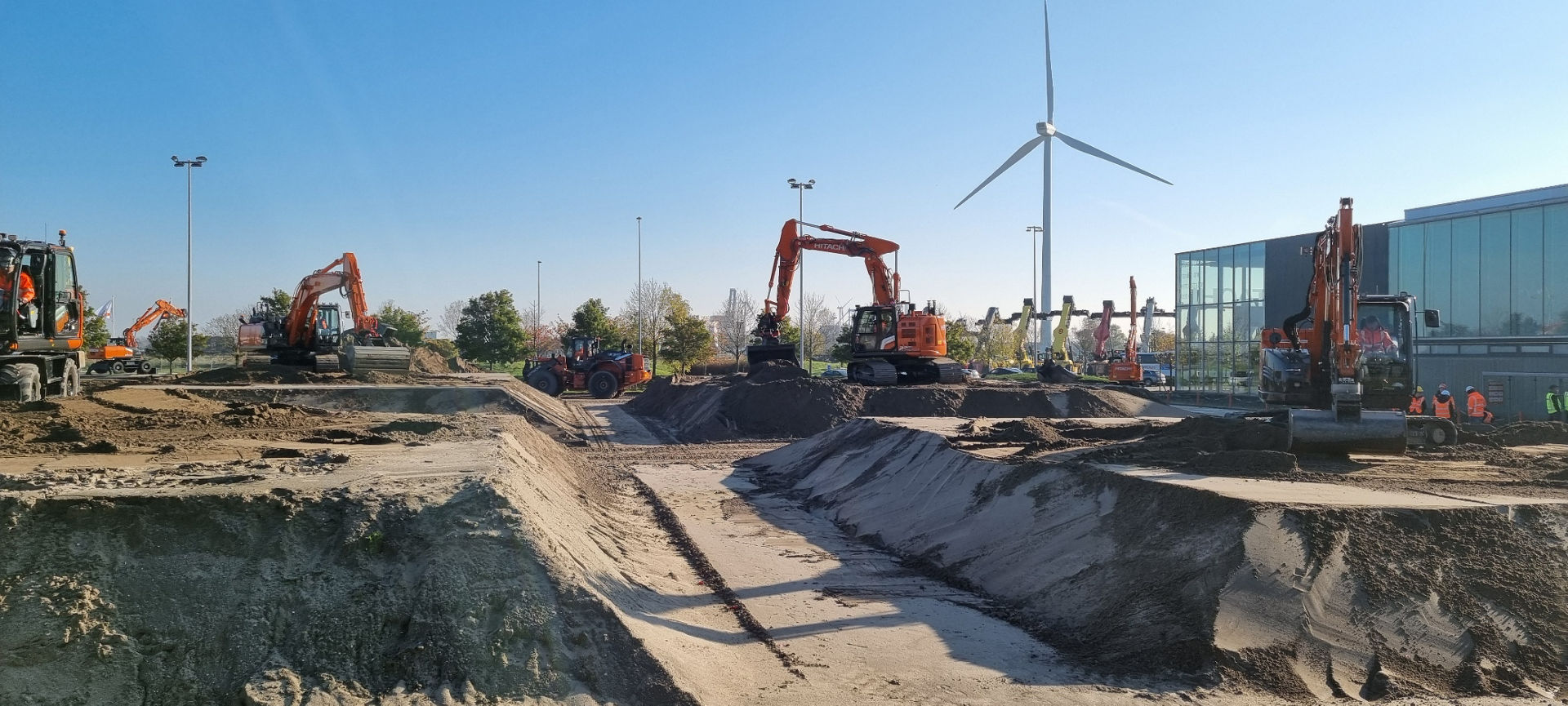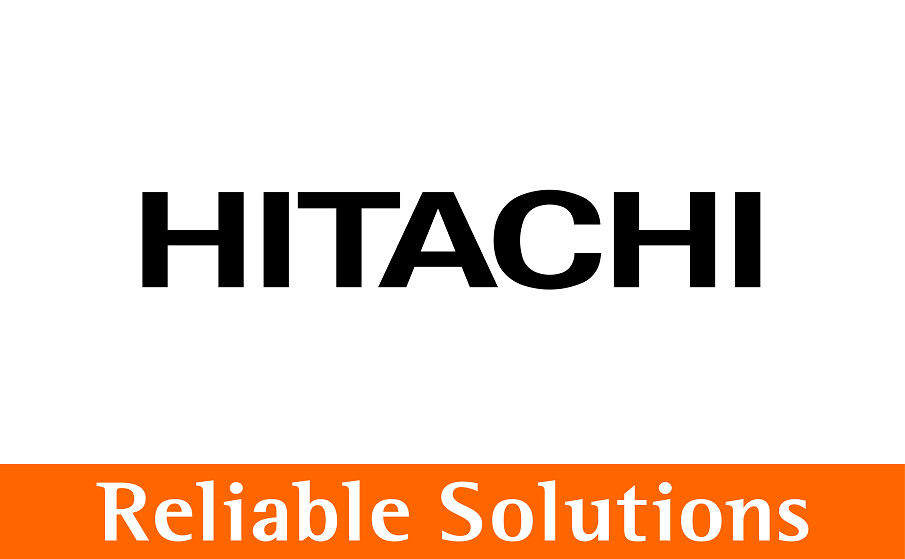How to become a construction machinery operator

The skills shortage in construction
Around 31% of EU construction companies report labour shortages as a barrier to growth, with over 50,000 vacancies in Germany alone in 2023 according to European Engineering Consultancies.
The demand for skilled operators creates job stability and opportunities for career growth. The industry is also embracing modern technologies, offering roles that are increasingly tech-driven and less labour-intensive.
So, what can you do to join the industry and help beat this trend? Here are some of the different routes you could take to become a construction machinery operator.

Complete a plant operator course
Many operators begin their career through formal education after finishing school. Training is often offered by technical schools and construction associations. However, some countries (including the UK) have government-funded schemes for skill bootcamps and training.
Many courses are also supported by manufacturers and their dealerships. For example, last month 100 students from SOMA College in The Netherlands spent three days at the HCME headquarters in Amsterdam with Hitachi Construction Machinery Nederland. During their visit, they were given a presentation about Hitachi Construction Machinery, an extensive tour of the factory – with time to test various machines.
These courses are often practical and theoretical in nature – giving you a chance to learn the trade before your first role, and offering the chance to learn about new technologies.

Join an apprentice scheme
Hands-on experience is key. Joining as an intern, apprentice or entry-level employee allows you to develop expertise in handling construction equipment on job sites.
They offer exposure to real-life scenarios and help you to gain confidence while earning a salary. It offers skill development beyond the role itself, in other important areas like maintenance, problem-solving and teamwork.
This route may also lead to career opportunities with the company providing the apprenticeship.
Ensure you have the relevant certification for your region
The requirements vary across Europe, but many job ads for heavy equipment operators will note specific qualifications that are required.
A good place to start would involve looking at the job opportunities in your area and assessing the criteria and certifications listed.
What other skills are important?
There are a range of skills that are important to any workplace, including on construction machinery job sites.
Familiarise yourself with fleet management tools (such as Hitachi solutions ConSite and Connect), which use ICT (Information and Communication Technology) to monitor machinery performance and reduce downtime. Operators skilled in these technologies are in high demand.
It is also important to focus on safety and compliance. Europe’s strict safety regulations require operators to be well-versed in operational safety protocols and environmental compliance.
An essential part of the construction future
By addressing the skills gap and acquiring the right training, you can enjoy a fulfilling career and play an essential part in the European construction industry.
Why stop reading now? Others also liked:

Subscribe
Keep up to date with the latest news from Hitachi Construction Machinery (Europe) NV (HCME).



